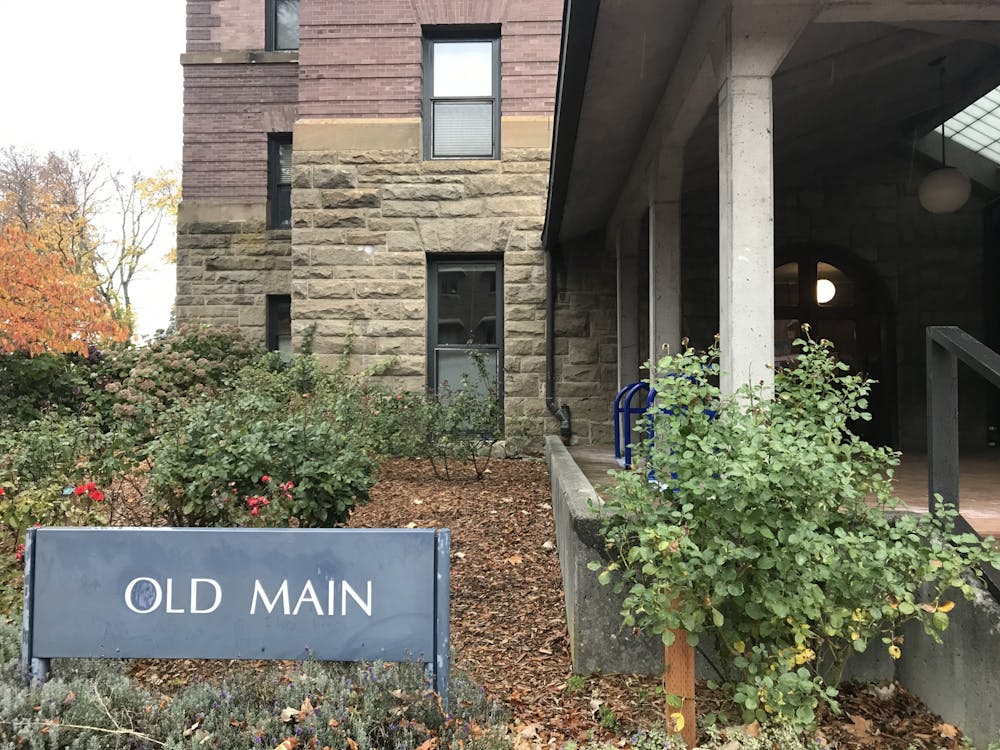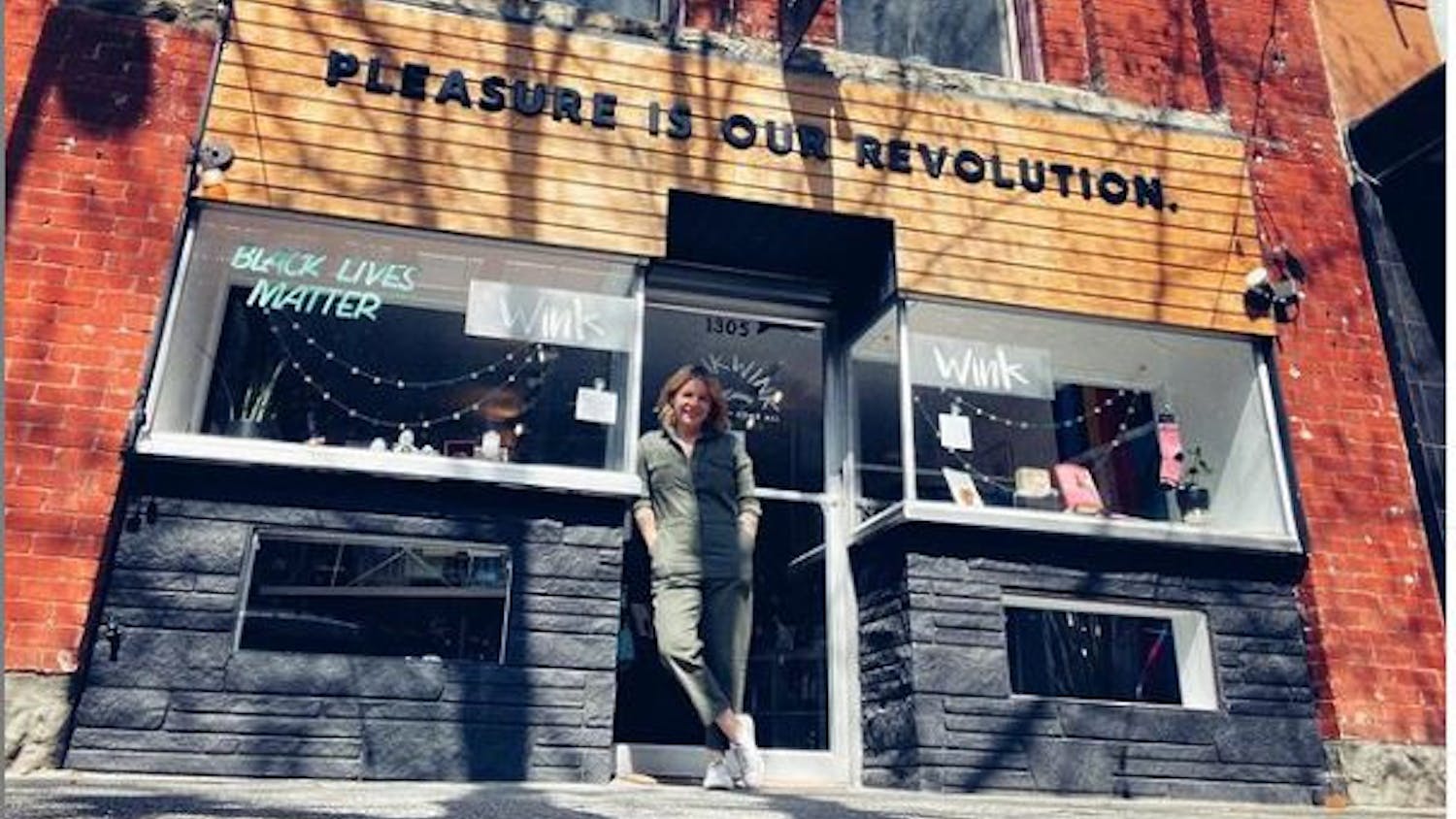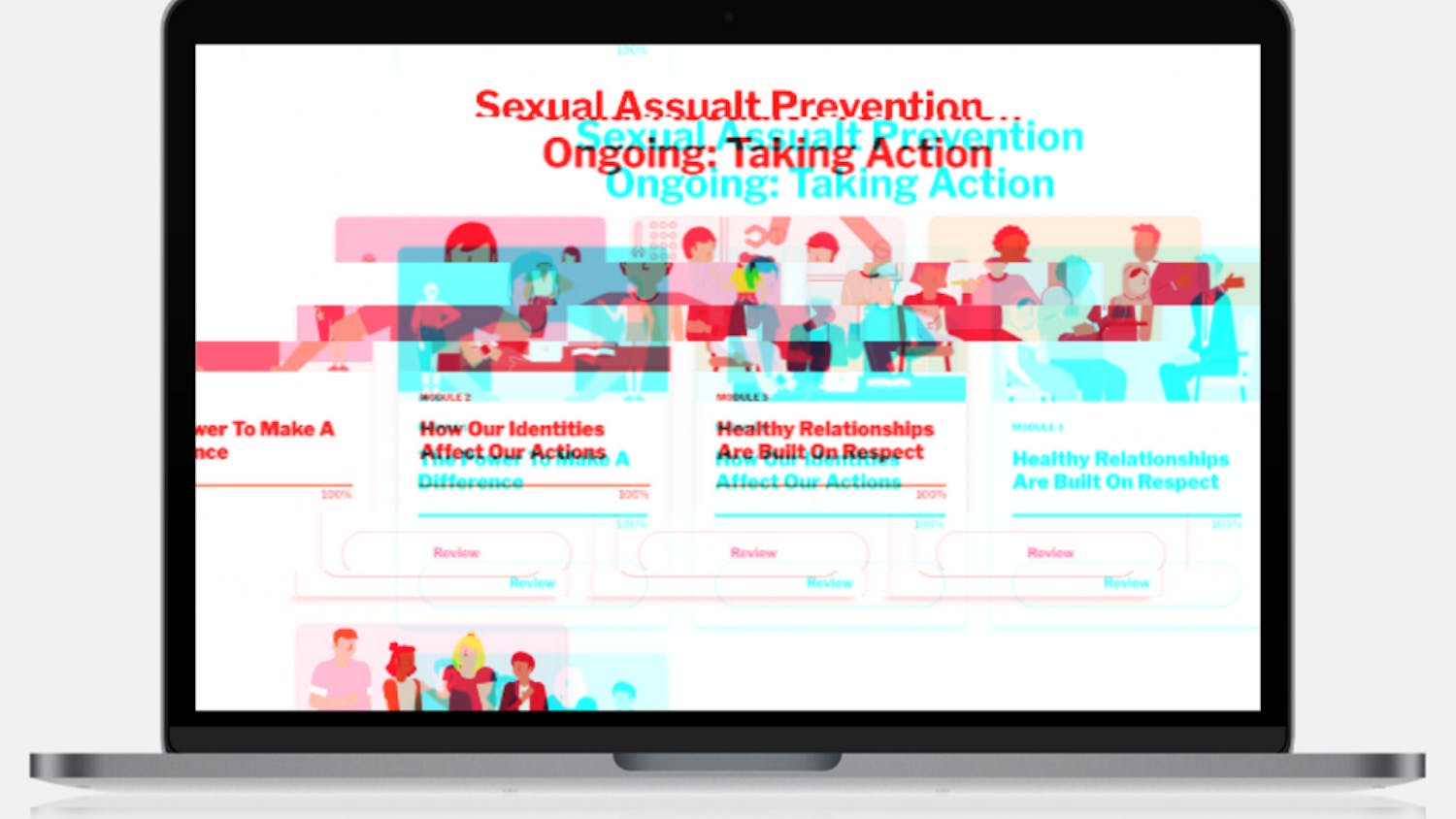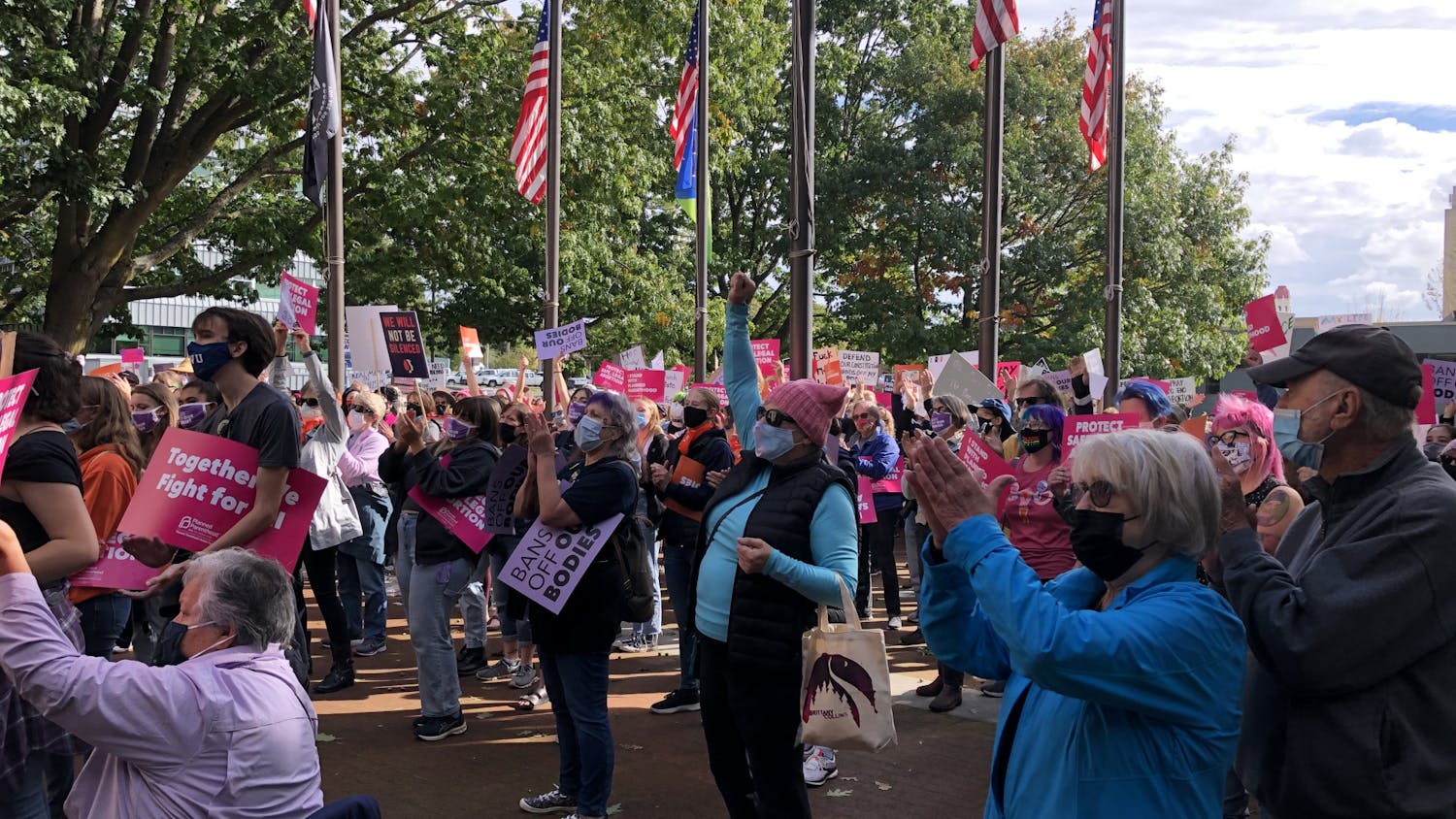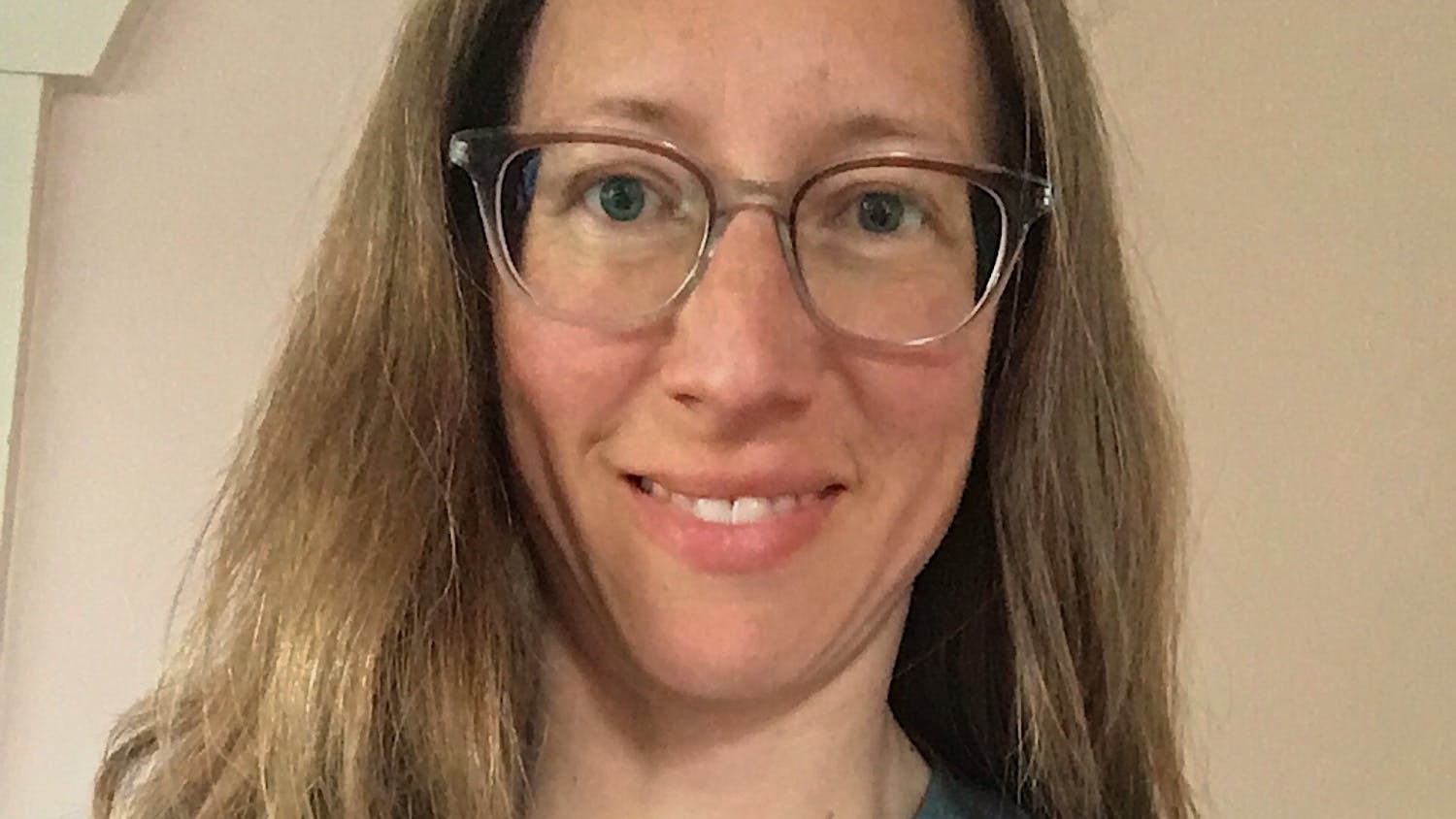Content Warning: This article contains language that may be triggering or traumatizing to some readers. CW: Domestic violence
Western Washington University’s Counseling and Wellness Center hosted a series of events throughout October to call attention to Domestic Violence Awareness month. As stated on their website, the events were focused on raising awareness of the issue of domestic violence, honoring survivors, encouraging action in ending domestic violence and sharing resources.
“We try to balance awareness and survivor-focused events with skill-building, positive campaigns,” said Liz Stuart Western’s sexual violence prevention outreach specialist. “Some of our events are intended to raise awareness and some help people to practice healthy relationships and spread love and care.”
The events were created in collaboration with CASAS, a confidential support service for Western students impacted by relationship violence, harassment and other forms of violence at various points in their lives.
“In my role as an advocate, I provide WWU students with emotional support, space to talk through their experiences of violence and abuse, safety planning, connections to resources on and off campus, and information navigating medical, legal and academic options,” said Deidre Evans, CASAS survivor advocacy services coordinator. “I am a confidential resource which means that speaking with me is not making a report to law enforcement or the university.”
The events began with two workshops focused on sexual health and a panel led by Evans and Western’s Clinical Psychologist Nikki Cassidy focused on the impact of trauma and healing practices made for students who have experienced violence.
Later events included a visual display of personal testimonies from survivors of violence titled The Clothesline Project and a walk through the arboretum with the goal of reconnecting with individuals and the wider world around us.
“I facilitated the Wellness Wednesday: We Are Resilient event and the Outdoor Wellness Break with Deidre Evans,” Cassidy said. “My favorite part of my position is getting to connect with a range of students and provide support through a variety of modalities.”
As a psychologist at Western, Cassidy’s focus is on individual counseling and facilitating groups. For Cassidy this includes the Breaking Free and After Silence groups. The first focuses on helping people have a healthier relationship with food and body, while the latter is geared toward female-identified survivors of interpersonal violence.
“We design prevention and awareness campaigns and events based on what students tell us they want and that are within our capacity and resources available,” Stuart said. “We work closely with our student wellness advocates to consider and implement our strategies.”
Having open communication between students and the teams creating the events is incredibly important, Stuart said. It’s vital to shaping the direction and goal of the workshops and other events.
“We need to talk openly and frankly about hard things in order to directly address them,” Stuart said. “It takes all of us to end domestic violence. Everyone can do something, but it is important to move beyond awareness and take action.”
The Counseling and Wellness Center hopes to continue its growth based on incoming feedback, Stuart said. She hopes to see future events continue to educate more students about available resources and foster a positive campus environment.
“It is important to talk about domestic and intimate partner violence because these are harms that occur in private spaces, thrive in darkness and are nourished by shame,” Stuart said. “When we talk about these issues and when we validate peoples’ experiences, we fight stigma, bring them into light, and it brings us closer to our goal of everyone feeling safe in their homes and relationships.”
The Counseling and Wellness Center is located in Old Main for in-person appointments. Information on the center, as well as upcoming events, can be found on their webpage and on their Instagram. Support group resources can be found here. Off-campus resources include the DVSAS 24-hour hotline at (360) 715-1563, the Lummi Victims of Crime line at (360) 312-2015. Other support resources can be found here.


